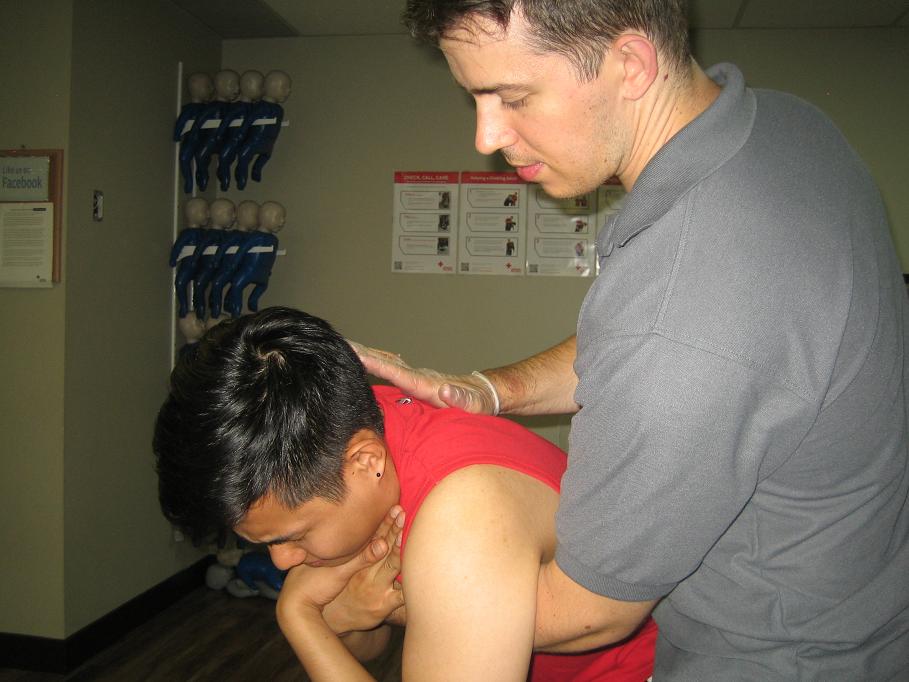Seattle CPR is a training provider in Washington that offers quality CPR training programs for Basic Life Support and Advanced Life Support. There are over eight different training programs available with this provider, all available through the week at varying schedules. Re-certification is also offered by Seattle CPR, for rescuers who want to renew credentials that are approaching expiry. Visit the Seattle CPR for more details on programs and contact information.
CPR training certificates

Credentials received from Seattle CPR have a validity of 24 months, as per the guidelines of the American Heart Association. Rescuers can renew certificates that are nearing expiry through a re-certification class. However, certificates that have already expired are not qualified for renewal through re-certification programs; the full training program will have to be taken.
CPR training programs in Seattle
Basic Life Support
Basic Life Support programs teach students one-person or two-person CPR rescue, first aid, and automated external defibrillation (AED). BLS is different from Advanced Life Support (ALS) programs because it teaches trainees to manage a cardiac arrest before medical help arrives. The program curriculum then focuses on skill development and hands-on training.
Three programs in BLS are offered by Seattle CPR, one for the general public and two for healthcare providers. All of the programs are certification programs, but the certification exam in the general public program is optional.
- Basic cardiopulmonary resuscitation (general public, 4 hours) – Teaches students basic one-person rescue, first aid, and AED. AEDs are m
Give five back blows to dislodge the object causing choking. achines that supply the heart with needed shock when attached to the chest.
- Basic cardiopulmonary resuscitation (C) (healthcare providers, 4.5 hours) – Tailors the basic CPR curriculum for students who work in healthcare or are studying allied health. First aid and AED training is still included in the program.
- Basic Life Support for HCPs (4.5 hours) – Teaches 1-person and 2-person rescue, first aid, and AED training. It also includes the 2010 Basic Life Support guidelines from the AHA in the program curriculum. Re-certification is offered for this class, 4 hours.
Advanced Life Support
If BLS programs teach rescuers how to manage cardiac arrest before medical help, ALS teaches rescuers medical management for cardiovascular emergencies. ALS focuses on teaching the ins and outs of hospital equipment used during CPR. Trainees familiarize with bag valve masks, ET tubes, NGTs, and medication used during a code.
ALS programs are divided into two topics: adult and pediatric victims. Pediatric patients includes people who are younger than 18 years old. CPR for infants is different from CPR for younger children, and very different from CPR for adults.
- Advanced Cardiac Life Support (ACLS, 16 hours over 2 days) – Teaches CPR management of adult victims in a clinical setting. Students are taught how to use adult-sizes of BVMs and ET tubes. Re-certification is 5 to 6 hours long.
- Pediatric Advanced Life Support (PALS, 14 hours over 2 days) – Teaches CPR management of pediatric victims in a clinical setting. Aside from pediatric-sized equipment, pediatric dosages for medication is also an important part of the PALS curriculum.

